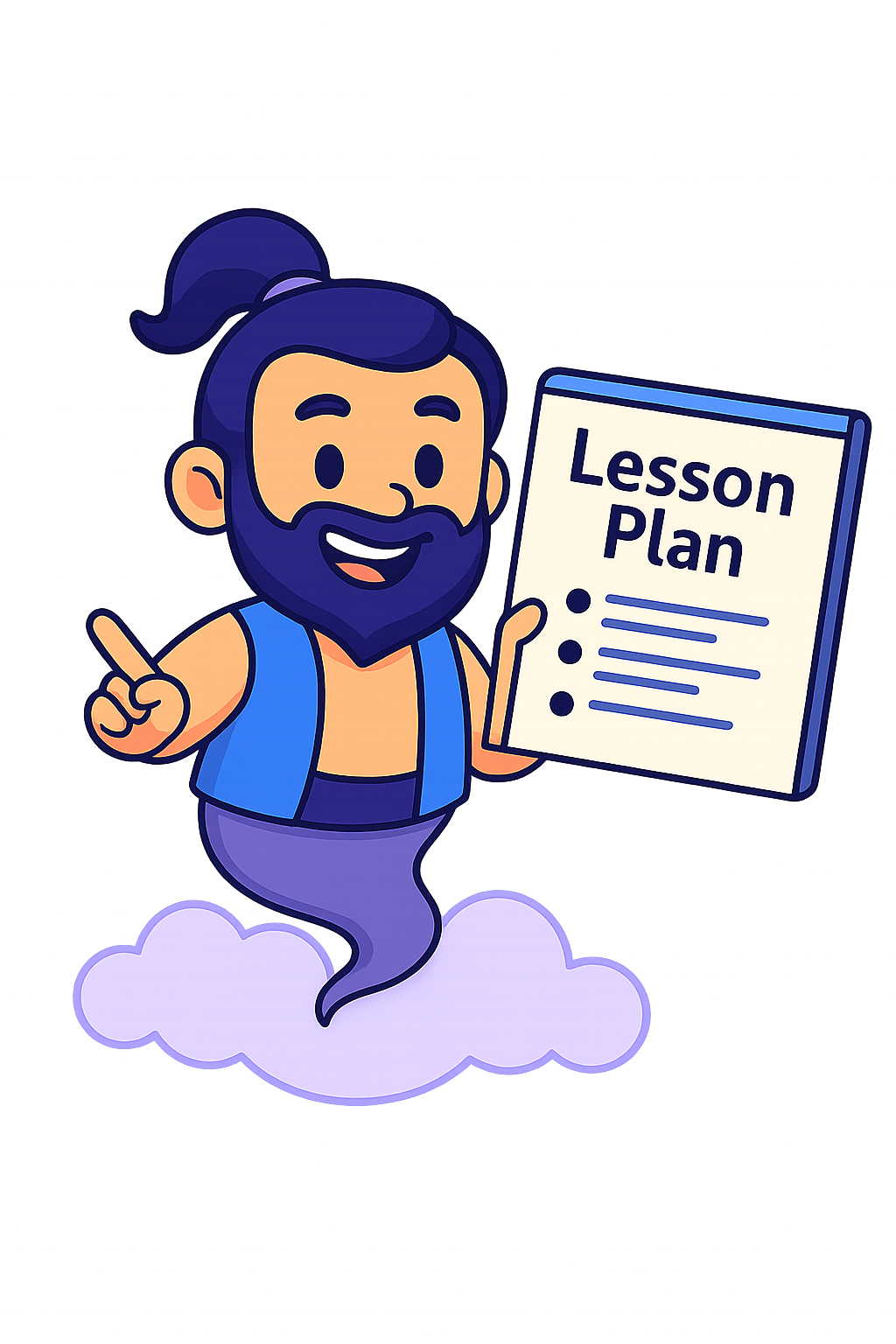 Using Precise Language to Enhance Writing
Using Precise Language to Enhance Writing
Objective: Students will learn how to choose precise words and phrases to clearly express ideas in their writing, focusing on making their descriptions more vivid and specific.
Learning Objectives
- Understand the importance of using specific and precise words in writing.
- Identify vague words and replace them with more precise alternatives.
- Create sentences using precise language to improve clarity and detail.
Materials Needed
- Notebook or writing paper
- Pencils or pens
- A list of common words with more precise alternatives (e.g., big → enormous, small → tiny)
- Example sentences showing vague vs. precise language
Key Vocabulary
- Precise Language
- Words that are exact and clear, helping the reader understand the meaning better.
- Vague
- Words or phrases that are not clear or specific.
- Synonym
- A word that has the same or nearly the same meaning as another word.
Detailed Activities
Exploring Vague vs. Precise Language
- Read aloud example sentences containing vague words (e.g., ‘The big dog ran fast’).
- Discuss with the student why these sentences could be clearer or more interesting.
- Show the same sentences rewritten with precise language (e.g., ‘The enormous dog sprinted quickly’).
- Ask the student how the precise words change the meaning or feeling of the sentence.
Practice Replacing Vague Words
- Provide the student with a list of vague words and their precise alternatives.
- Give the student simple sentences with vague words and ask them to rewrite each sentence using a more precise word from the list.
- Review the rewritten sentences together, discussing how the meaning improved.
Create Your Own Sentence
- Ask the student to write a short sentence about something they like using vague language.
- Help the student think of more precise words to improve the sentence.
- Have the student rewrite their sentence using precise language.
- Read the sentence aloud and discuss how the changes make it clearer or more interesting.
Parent & Instructor Notes
- Encourage your child to think about how precise words help the reader picture what they are describing.
- Be patient and offer examples or synonyms if your child struggles to find precise words.
- Praise efforts to use more descriptive language to build confidence.
Assessment Questions
- Can you find a vague word in this sentence and replace it with a more precise word?
- Why is it important to use precise language when writing?
- Write a sentence using a precise word to describe an object or action.
Extension Ideas
- Create a ‘precise language’ word bank for your child to reference during writing activities.
- Read a short story together and identify examples of precise language used by the author.
- Encourage your child to write a descriptive paragraph about their favorite place using precise words.
Frequently Asked Questions
Provide a list of synonyms or use a thesaurus together to explore more descriptive words. Practice with examples and encourage gradual improvement.
Try to include short practice sessions several times a week, focusing on different topics to keep the activity engaging and varied.
Teacher’s Guide
Common Misconceptions:
- Students may think longer or fancier words are always better, instead of focusing on clarity.
- Some students may confuse precise language with complicated language and feel frustrated.
Scaffolding Ideas:
For Struggling Students:
- Use picture cards or objects to help students find precise words by describing real items.
- Work one-on-one to brainstorm precise alternatives before independent practice.
For Advanced Students:
- Challenge students to use multiple precise words in a sentence or paragraph.
- Encourage writing descriptive stories or poems emphasizing precise word choice.
Pacing Recommendations:
- Spend about 10 minutes on the introduction and discussion of vague vs. precise language.
- Spend 20 minutes on guided practice replacing words and rewriting sentences.
- Use the final 15 minutes for independent writing and review.
Standards
- 4.W.3c — Use precise words and phrases to convey ideas clearly in writing.
Printable Worksheet
Plan Your Own Lesson
Looking for a custom lesson plan? Try our Lesson Planning Generator — create standards-based plans for any topic, instantly!
Common Core Aligned Lesson Plans
Looking for another common core lesson? See all of the lesson plans here.
More Free Lesson Plans
We’re adding more every week! Check back soon or explore all our lesson plans here.

 Using Precise Language to Enhance Writing
Using Precise Language to Enhance Writing
Leave a Reply